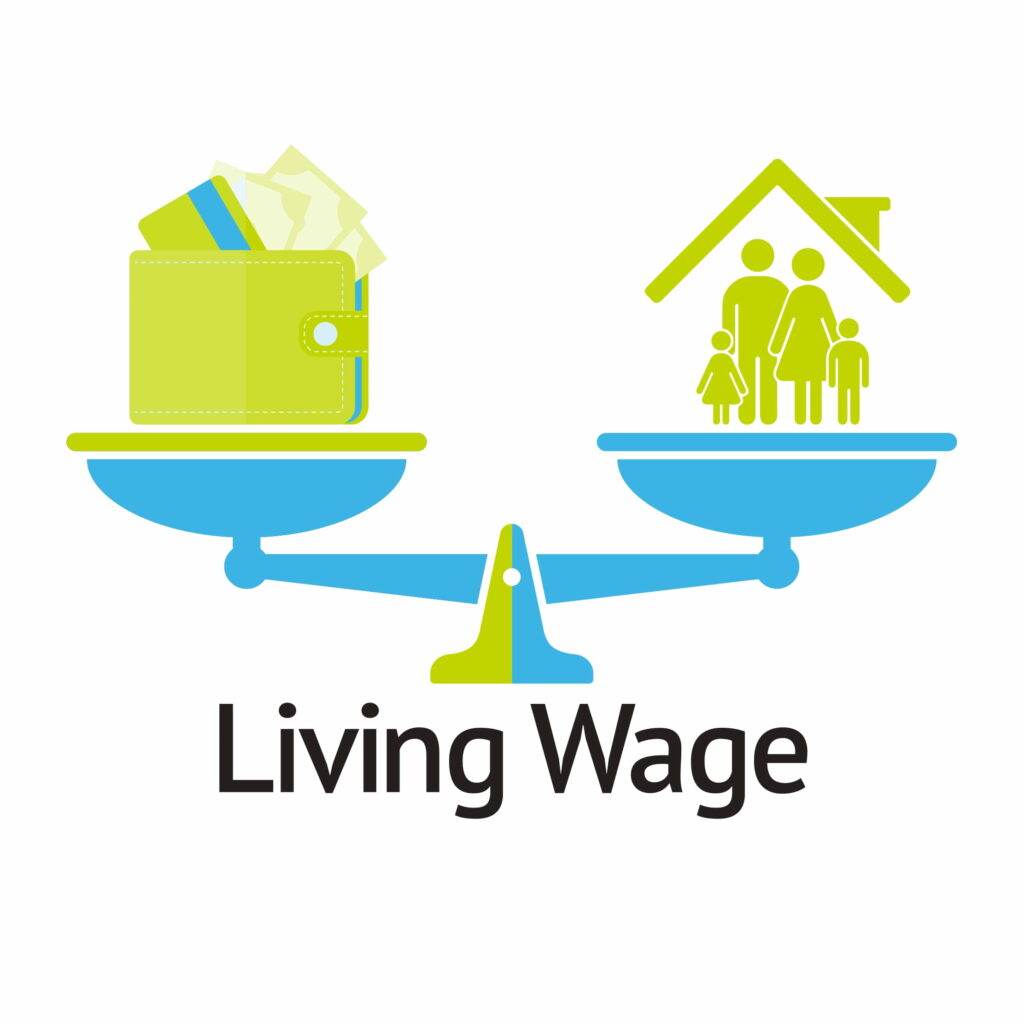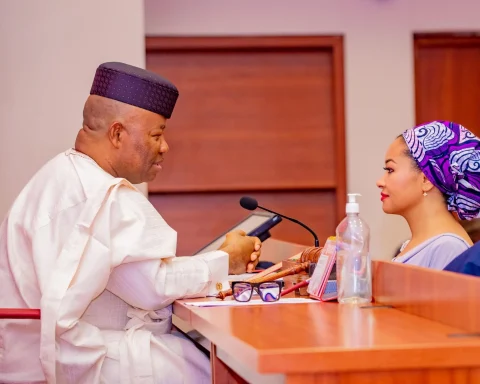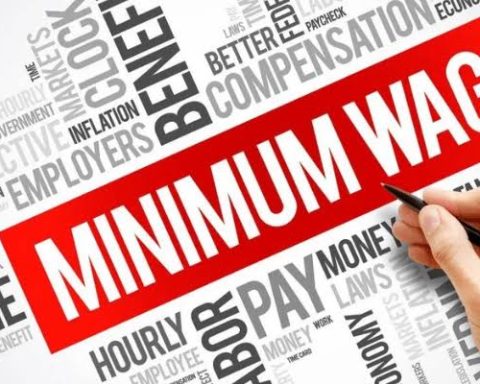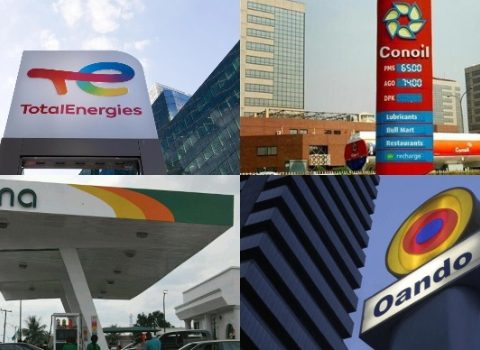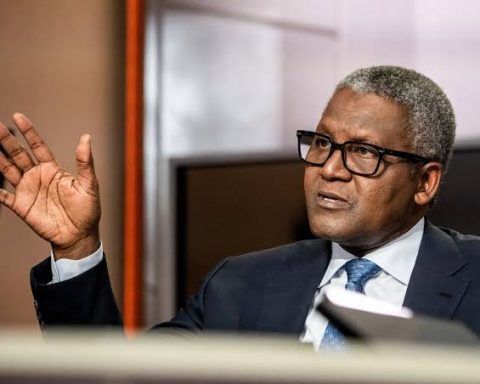The nationwide industrial action, conducted last week in Nigeria, brings back memories of the last minimum wage increment.
History offers us a clear lesson, while intended to ease the financial burden on the working class, the aftermath of these increment raises questions about their effectiveness and broader economic impact.
Join our WhatsApp ChannelBefore the strike in early June, the Nigerian Labour Congress (NLC) and the Trade Union Congress (TUC), proposed ₦615,500 and ₦494,000 as the new national minimum wage, citing inflation and economic hardship. When the government responded with a proposal of ₦60,000, the unions ordered a boycott of work from Monday, June 3, marking the start of the industrial strike.
A Look Back at Past Increments
Nigeria’s minimum wage has changed three times, from 1981 to 2019. It was increased to ₦5,500 in 2000 and to ₦18,000 in 2011. In 2019, the minimum wage was raised to ₦30,000, a move celebrated by workers as a significant victory. However, this increment did not happen in a vacuum. The government had to make substantial adjustments to its revenue generation and budget allocations to meet this new reality.
One response was the increase in Value Added Tax (VAT), from 5% to 7.5%. This move, aimed at generating additional revenue, inadvertently placed a heavy financial burden on the average Nigerian. VAT is a consumption tax, meaning it affects everyone, especially low-income groups, who spend a large proportion of their income on essential goods and services. As VAT increased, so did inflation, eroding the purchasing power of the new minimum wage.
The Unintended Consequences
In the long run, the increment could not alleviate the financial hardship, as high prices for essential commodities like food, transport, and housing continued to rise. The higher wages meant workers needed more cash for fewer goods, negating the intended benefit.
Moreover, the government required more funds to pay its workers, leading to an increase in the national budget. However, the government, like any institution, does not have unlimited cash. Consequently, it borrowed more money, increasing the country’s debt profile. Nigeria’s debt has become increasingly worrisome, with a growing portion of the budget dedicated to debt servicing. As at the end of 2023, each Nigerian owed N405,000, raising concerns about the sustainability of such financial strategies amidst a declining economy.
A Call for a Living Wage, Not Just a New Wage
To mitigate the hardship caused by inflation and ensure wage policies genuinely benefit workers, Nigeria needs to rethink its economic strategy. Instead of periodic minimum wage increases, a more sustainable approach could be focusing on cutting unnecessary expenditures.
For instance, the labour groups could demand the Federal Government focus on reducing excessive spending. In the 2024 budget proposal, ten ministries were allocated a total of N20.7 trillion, representing 86.3% of the overall budget of N24.07 trillion. Cutting these expenditures could eliminate the numerous allowances of public officials, which consume a significant portion of the national budget without corresponding benefits to the populace.
Insecurity continues to threaten food production, exacerbating inflation in food prices. The right to security of life and property is a fundamental right that every government is sworn to protect. The labour union could leverage its power to shutdown the country during industrial actions to pressure the government into fulfilling its constitutional duties to safeguard farms and restore agricultural productivity.
Lessons from the Past
The call for a “living wage,” should focus on addressing the root causes of inflation rather than simply demanding higher wages. This is crucial because history shows that while the labour union may win the fight for a new minimum wage, the victory is often short-lived and followed by long-term pain for Nigerian workers.
In the words of John, a Nigerian worker, “We thought the increase in 2019 would help us, but everything just got more expensive. It feels like we are always catching up, never really getting ahead.”
Mary, another worker, added, “It’s like a cycle. They raise the wage, prices go up, and we are back to where we started. We need real change, not just more money.”
The Path Forward
The solution lies in creating a stable economic environment, where wages can keep pace with the cost of living without triggering inflation. This involves sound fiscal policies, reducing unnecessary government expenditures, and addressing insecurity to boost agricultural production.
In conclusion, while the fight for higher wages is essential, it is equally important to ensure that such increments do not result in unintended economic consequences. A holistic approach that addresses the root causes of financial hardship will provide a more sustainable solution for Nigerian workers.


